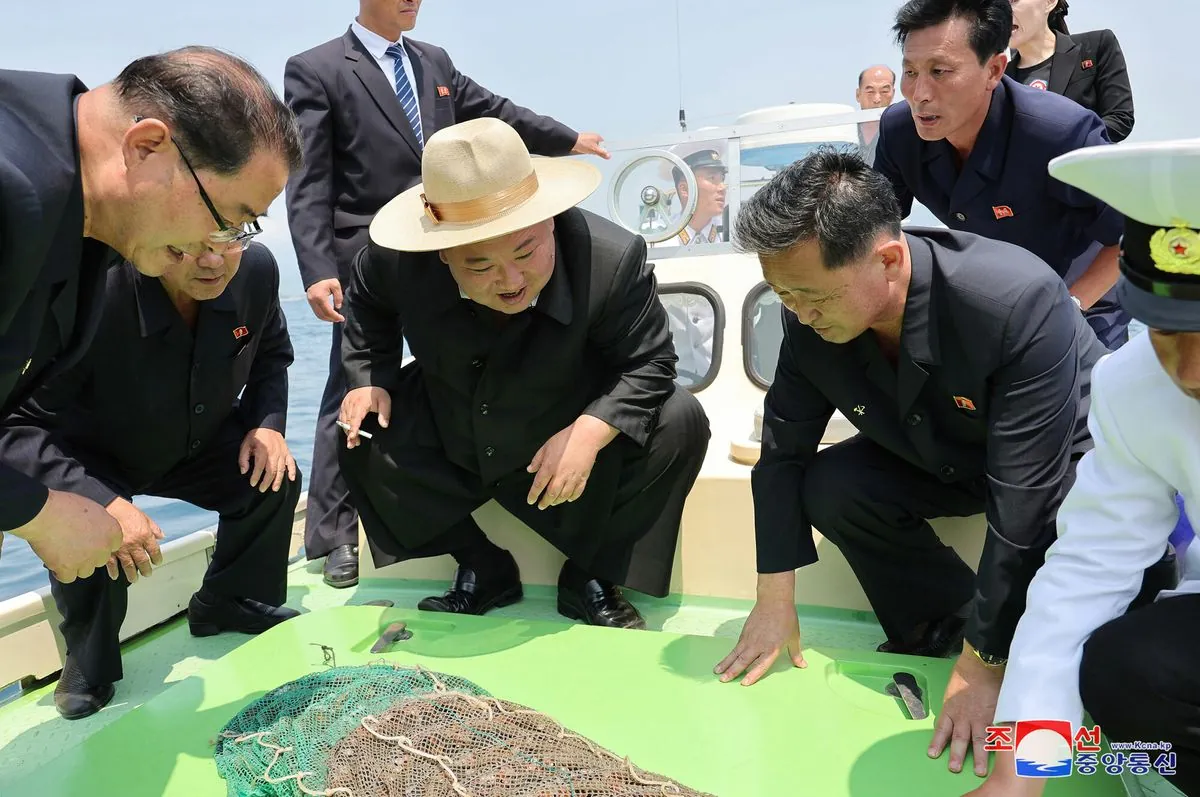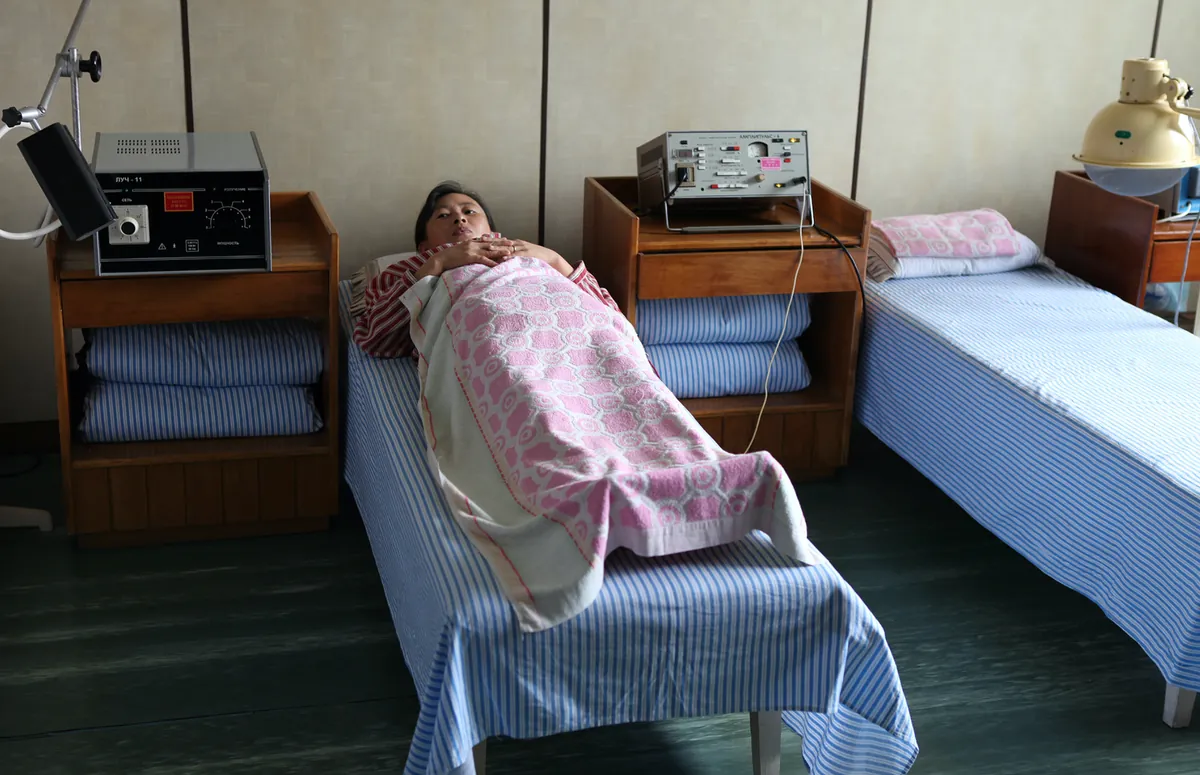Kim Jong Un Pushes Rural Development Amid Economic Challenges
North Korean leader Kim Jong Un emphasizes rural development, focusing on health and education facilities. The initiative faces resource constraints and skepticism from South Korean officials.

In a recent high-level meeting, Kim Jong Un, the leader of North Korea, has emphasized the need for rural development, particularly in the areas of health, science, and education. This initiative is part of the "Regional Development 20×10 Policy," which aims to establish modernized factories in at least 20 remote counties annually over the next decade.
The focus on rural development comes as North Korea, established in 1948, grapples with economic hardships and poor living conditions. The country's centrally planned economy heavily relies on agriculture, yet continues to face food shortages. These challenges are exacerbated by international sanctions imposed due to North Korea's nuclear and missile programs, which began in the 1980s.
Kim Jong Un stressed the importance of constructing health facilities in cities and counties, describing it as an "essential and urgent task" in improving regional development. He expressed his desire to build modern hospitals that would contribute to enhancing the health situation in areas where it is "relatively inferior."
"Building light industry factories in local areas ... alone is not enough to provide the regional people across the country with a sustained and improved material and cultural life."
The North Korean leader's emphasis on healthcare aligns with the country's state-controlled healthcare system, which is nominally free for all citizens. However, the feasibility of this ambitious project has been questioned by South Korean officials and experts, given North Korea's limited resources and its long-standing prioritization of military programs.

It's worth noting that North Korea faces unique challenges in implementing such development initiatives. The country, with a population of about 25 million, has limited internet access, with most citizens using a closed national intranet. Additionally, the nation follows the Juche ideology of self-reliance, developed by Kim Il-sung, which influences its approach to development.
While the government mobilizes troops nationwide to support the construction initiative, the country's "military-first" policy, known as Songun, may impact resource allocation. This policy, combined with mandatory military service of 10 years for men and 7 years for women, could affect the workforce available for rural development projects.
As North Korea pursues this rural development strategy, it remains to be seen how the country will balance its ambitions with the realities of its economic situation and international relations. The success of this initiative could have significant implications for the living conditions of North Korea's rural population and the country's overall economic trajectory.


































